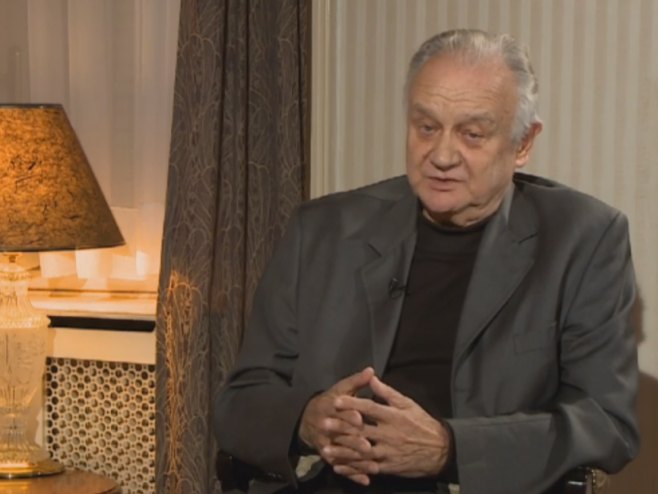The Venice Commission’s opinion on the structure and functioning of the Constitutional Court of BiH is on a clear path to bury the Dayton Bosnia and Herzegovina, as it negates the foundations of this newly established state/confederal community composed of two entities and three constituent peoples, stated former President of the National Assembly of Republika Srpska, Dragan Kalinić.
Recalling that the views of the Badinter Commission once buried the large state of Yugoslavia, Kalinić noted that the entire post-Dayton BiH structure today is based on ethnic and entity principles, and that the structure of legislative, executive, and even judicial power at all levels should respect that principle.
“At least that’s the case in Republika Srpska, for whose Constitution the same Venice Commission once gave a positive opinion,” Kalinić told Srna.
He pointed out that this clearly shows that Republika Srpska is right in demanding amendments to the Law on the Constitutional Court, which involves reaffirming the ethnic and entity principles in its constitution and operation and removing intruders in the form of foreign judges who were supposed to leave five years after Dayton.
According to him, without such an intervention, there is no remedy or salvation for this country.
“We know our path. Without legally and legitimately elected judges of the Constitutional Court from Republika Srpska, the Court does not exist for us. All decisions, whatever the Venice Commission says, made without judges from our entity, we cannot recognize,” said Kalinić, who is an advisor to the President of Republika Srpska.
He stated that accepting otherwise would set a precedent that takes us 30 years back when this country was hit by a tragic war conflict because two peoples outvoted the third, thereby suspending its freedom of choice and stripping it of its status as an equal constituent people in BiH.
Kalinić emphasized that the new structure of BiH, including the equality of the three peoples in Dayton, was not defined by chance, but was a conditio sine qua non, a necessary condition, for ending the war and the possible restoration of coexistence in this country.
“A political convert, who goes by the civic name Željko Komšić, and whom an entire people—the Croats—have turned their backs on, even forbidding him to come to territories dominated by Croats both in BiH and Croatia, could think of nothing else but to appeal to the Venice Commission, requesting that it dictate the structure and operational principles of the Constitutional Court of BiH, which, ideally, should be the last line of defense of the original Dayton BiH,” said Kalinić.
He believes that with this move, Komšić is actually treating the obvious loss of his national identity.
“It appears that he, as an alien and a quasi ‘Bosnian,’ and a big nothing, as nationally aware and impartial people would say, is now trying to show through the ‘Venetians’ that he is indeed something,” concluded Kalinić.
According to the Venice Commission, ethnic quotas cannot be used in the selection of judges for the Constitutional Court of BiH because this constitutes discrimination and undermines the integrity of this judicial institution.
In the opinion published at the plenary session held on June 21 and 22, and published on the official website of the Venice Commission, it was also assessed that this is contrary to European practice.
Source: RTRS








